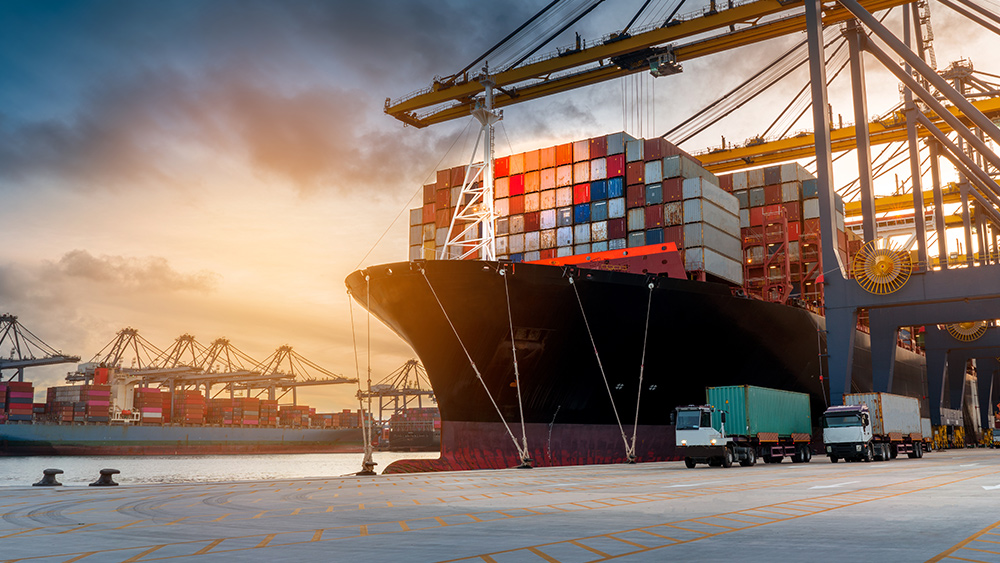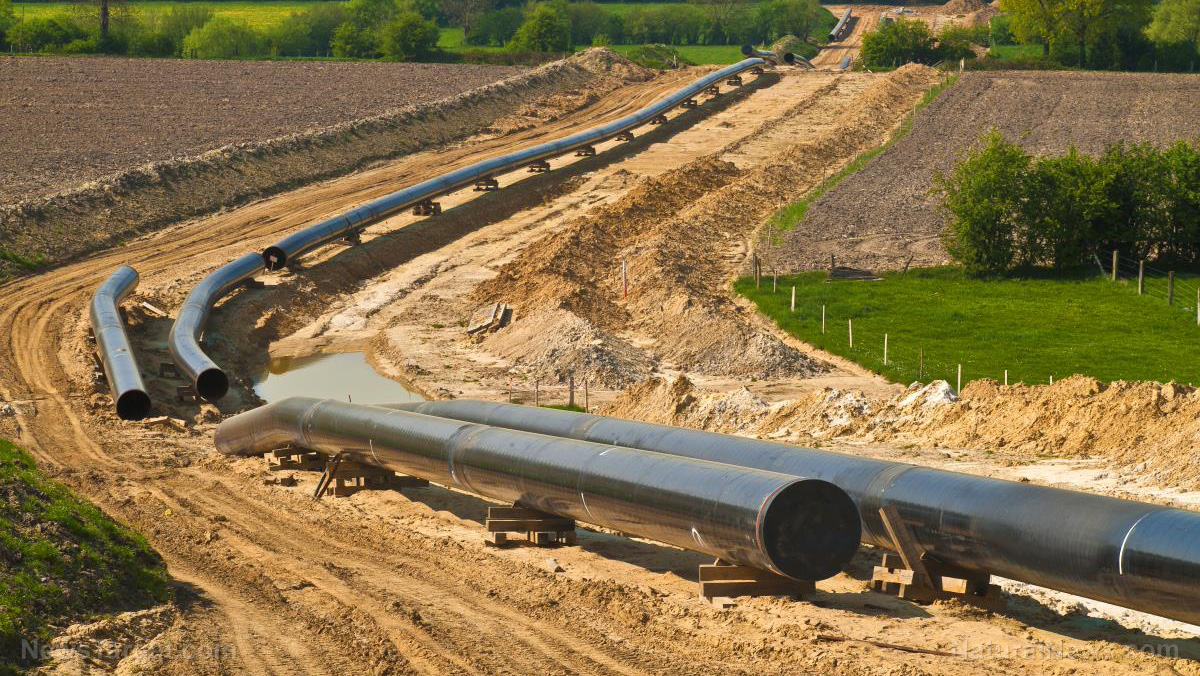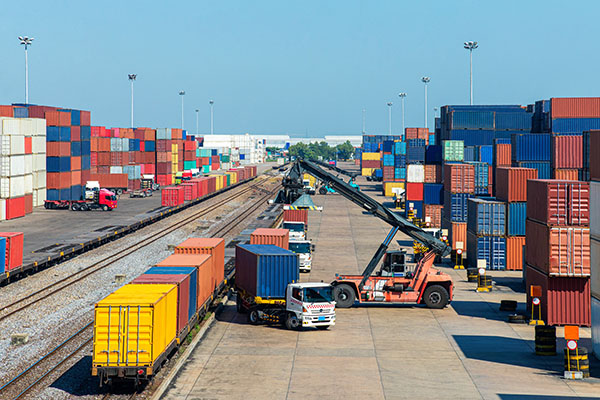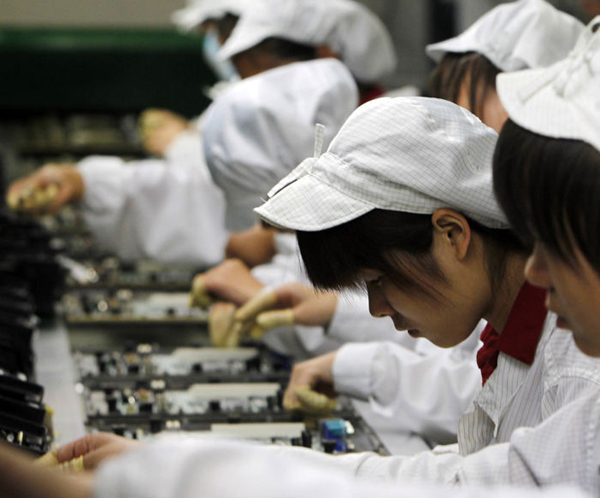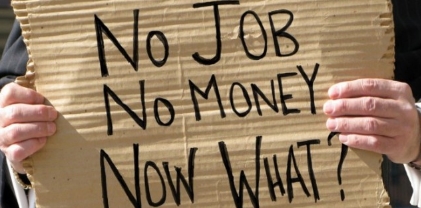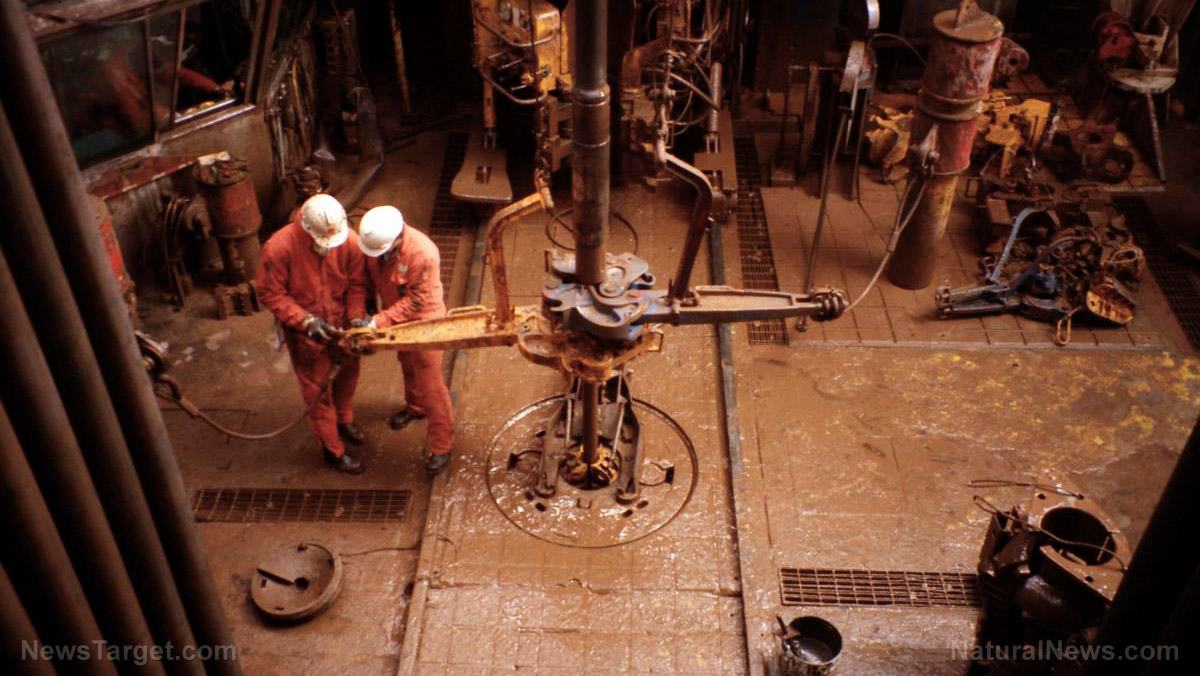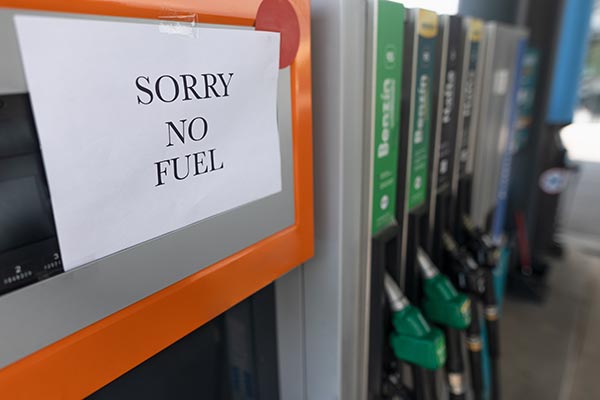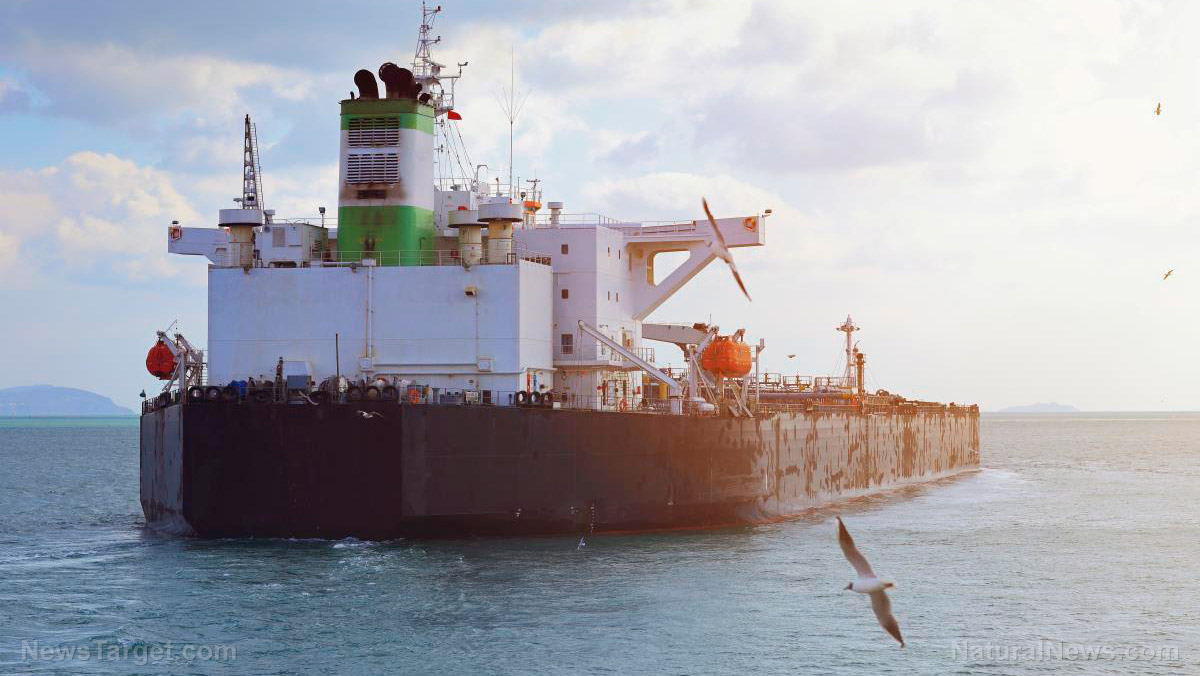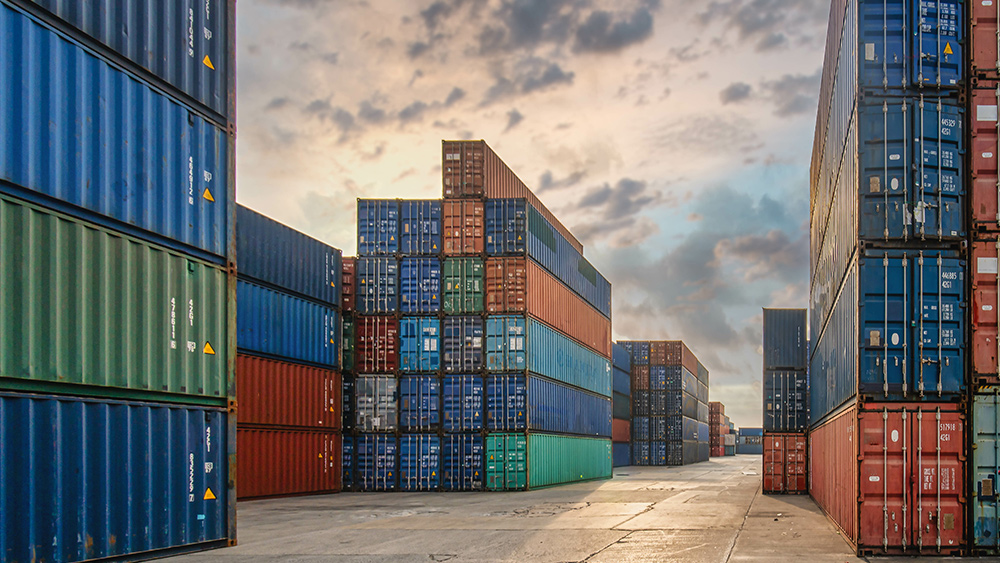Supply chain shutdown: Biden’s attempt to force through rail worker deal is set to backfire in a big way, causing widespread shortages across the country
12/08/2022 / By JD Heyes
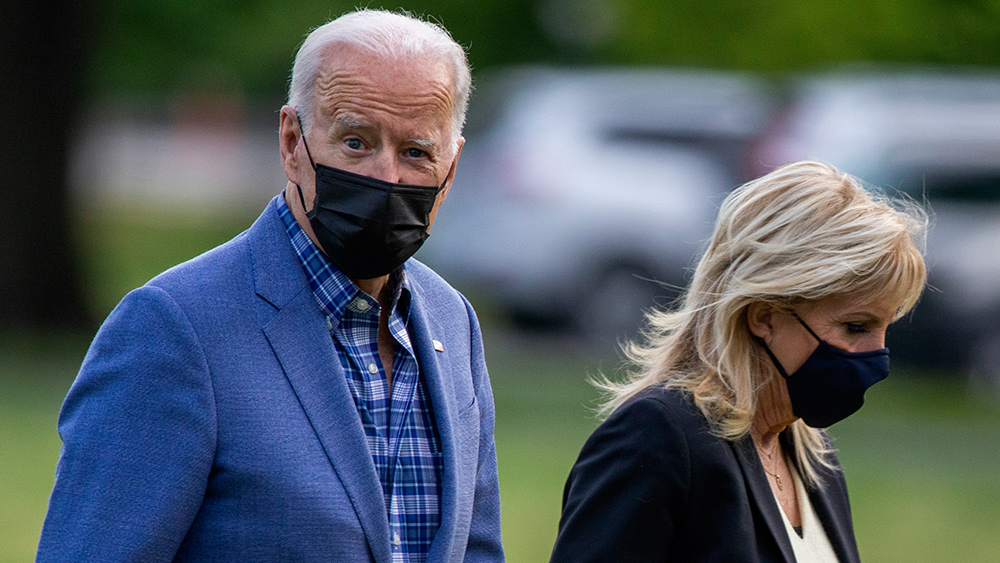
Joe Biden and the Democrat-controlled Congress, all of whom claimed for decades to be ‘friends of the unions,’ just passed a major piece of legislation screwing over unionized rail workers, and many of them are not about to take that lying down.
In order to avoid what appeared to be a looming rail strike — which, to be sure, would have been devastating to the U.S. economy, especially during the holiday shopping season since so much of what consumers use travels by rail — Congress passed and Biden signed a bill aimed at heading off that strike.
But, according to The Hill, the legislation did not address key rail worker concerns, and as a result, there appears to be a growing number of railroad personnel preparing to walk off the job and leave the industry altogether, which will have the same kind of collapsing effect on an already shaky supply system.
“The exit of thousands of train conductors and engineers would be felt by major corporations and U.S. consumers alike. It could slow the delivery of food, fuel, and online orders while strangling already-shaky supply chains,” the outlet noted on Tuesday.
“I don’t think you’ll just see half of the workforce disappear, but you’ll see a good percentage, and we can’t afford for anybody to leave because we’re so undermanned as it is,” Hugh Sawyer, an Atlanta-based engineer at Norfolk Southern, told The Hill in an interview.
Just last month, rail experts and industry officials were warning that even a strike of just a few days would create a multitude of cascading events that would devastate entire sectors of society and the economy, since much of what the nation needs and utilizes travels by rail.
“Businesses integral to our normal day-to-day life, like food and fuel manufacturers, will feel the impact immediately and will quickly trickle down to consumers,” Jeffrey Hausman, the chief product officer at the supply chain management firm Samsara, told NBC News.
The outlet noted further:
One of the most direct impacts of a rail shutdown would be a potential shortage of clean drinking water for millions of households that rely on publicly owned-water systems.
Treatment plants use chlorine and other chemicals to clean the water that eventually flows out of the tap, and the vast majority of those chemicals are transported around the country by rail from factories to distribution centers.
“A stoppage of rail service in the United States would have a catastrophic effect on the ability of water utilities to treat drinking water and wastewater and to perform other water treatment services,” said a number of trade groups representing the water sector in a letter to the White House in November. “This would present a significant threat to human health and to the health of the environment.”
Experts also noted that food, fuel, cars, lumber, and high-end goods would all be in short supply as well, which will only worsen the inflation that Biden and Democrats have created in the first place with their high spending and inability to fix the supply chain.
As far as the departing rail workers, Sawyer, who is also the treasurer of a grassroots rail reform organization called Railroad Workers United, said it would most likely occur among younger employees who have placed more importance on so-called ‘work-life balance’ — they will be among the first to leave.
“Most of these people live in or around metro Atlanta. The economy’s booming. They will find a job elsewhere,” Sawyer said.
The Hill added: “Workers say that some employees could leave as soon as they receive back pay and cash bonuses, which will average roughly $16,000 per person. Railroads will dole out that money within 60 days.”
Biden and Congress thought they were so smart ‘heading off’ a rail strike. It sounds like they just made things worse.
Sources include:
Submit a correction >>
Tagged Under:
collapse, congress, inflation, Joe Biden, legislation, market collapse, mass exodus, railway, railway strike, railway workers, rationing, scarcity, shortages, supply chain, transportation, walkout
This article may contain statements that reflect the opinion of the author
RECENT NEWS & ARTICLES
SupplyChainWarning.com is a fact-based public education website published by SupplyChainWarning.com Features, LLC.
All content copyright © 2021 by SupplyChainWarning.com Features, LLC.
Contact Us with Tips or Corrections
All trademarks, registered trademarks and servicemarks mentioned on this site are the property of their respective owners.

